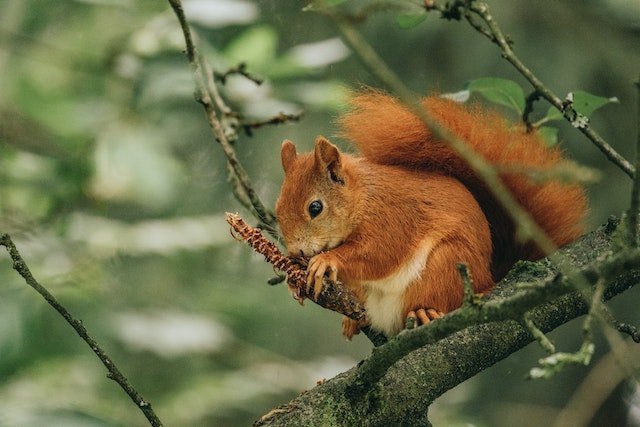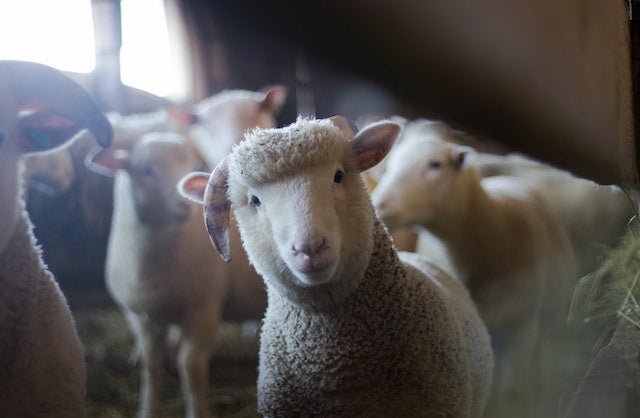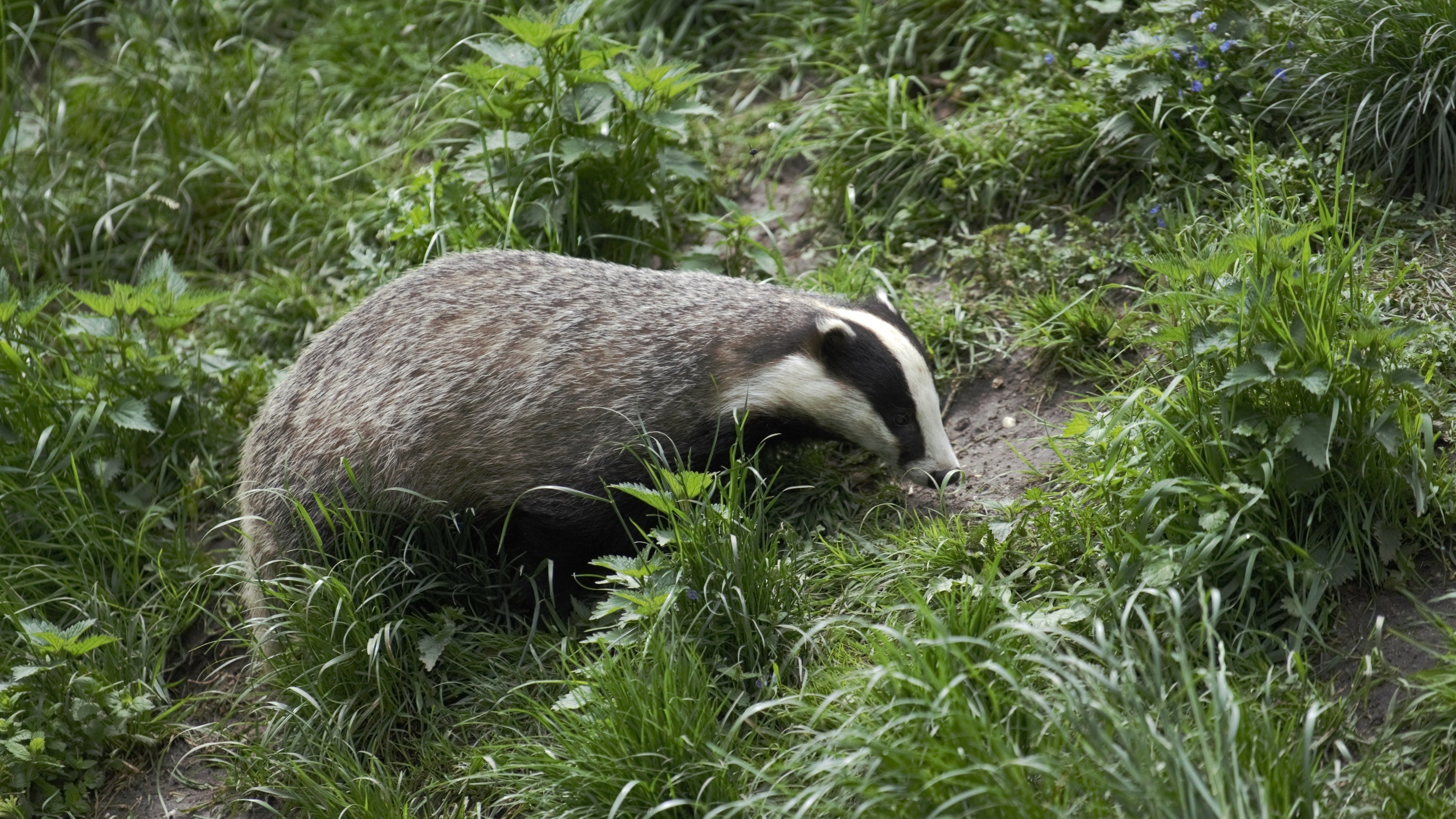
Why Red Squirrels Matter | Hedgy Socks
Red squirrels are an iconic symbol of British wildlife and an essential part of the ecosystem, but their population is in decline. Here we explore why red squirrels matter and what can be done to help them. Through conservation efforts and education, we can all play a part in ensuring the future of this charming creature.
Red squirrels are known for their bushy tails and adorable faces. Many people don’t know that red squirrels are also an essential part of our ecosystem. They help to disperse seeds, regulate the population of rodents, and keep our forests healthy. Unfortunately, red squirrels face several threats, including habitat loss and disease. We all must do our part to protect these beautiful creatures. So next time you see a red squirrel, remember why they matter and take a moment to appreciate them.
Red squirrels are one of the UK's best-loved animals, but their numbers have declined for many years. There are now thought to be fewer than 140,000 red squirrels left in the wild, and they are classified as "vulnerable" by the International Union for the Conservation of Nature. The main threat to red squirrels is the non-native grey squirrel, which was introduced to Britain in the 19th century. Grey squirrels are more significant than reds and can compete more effectively for food and nesting sites. They also carry a disease called Squirrel pox virus, which is deadly to red squirrels but does not affect grey squirrels. As a result of these factors, red squirrel populations have declined sharply in recent decades.
We can do several things to help red squirrel populations recover. We can provide food and nesting boxes in our gardens. This will give red squirrels a much-needed boost during the winter months when food is scarce. Another one is to plant native trees and shrubs, which provide food and shelter for red squirrels. We can also create "red squirrel friendly" areas by removing non-native species and enforcing a no-feeding policy. Taking these steps can help ensure that red squirrels remain a part of our British wildlife for years.
Additionally, we can support conservation efforts to create and maintain red squirrel habitats. We can report sightings of red squirrels to help with conservation efforts. By working together, we can help to ensure that red squirrels remain a part of British wildlife for years to come.
We can also help by supporting conservation projects that are working to protect red squirrel populations. For example, The Red Squirrel Survival Trust runs a trapping program in Northumberland that has successfully reduced grey squirrel numbers and boosted red squirrel populations. By taking action to help red squirrels, we can ensure that these iconic creatures remain a part of the British countryside for many years to come.
Ultimately, red squirrels are an essential part of our ecosystem and need our help. If you’re looking for ways to make a difference, there are many things you can do to support these adorable creatures. You can volunteer with your local wildlife organisation or participate in conservation projects. You can also plant trees and create green spaces that benefit red squirrels and other native species. By working together, we can ensure the future of this beautiful creature and all the benefits they provide us. How have you helped protect red squirrels in your community?

